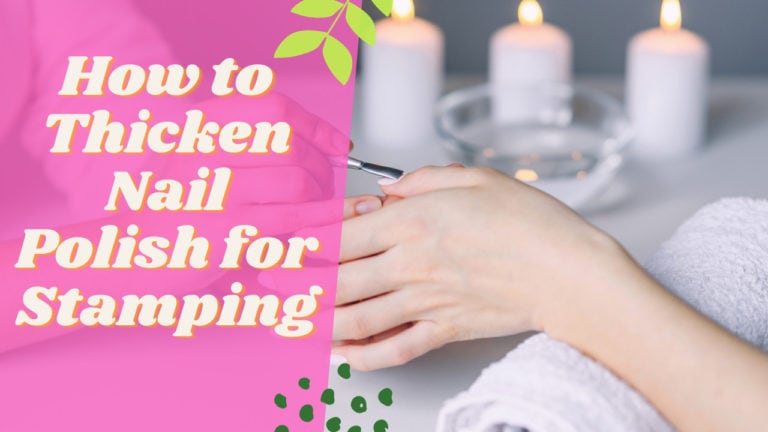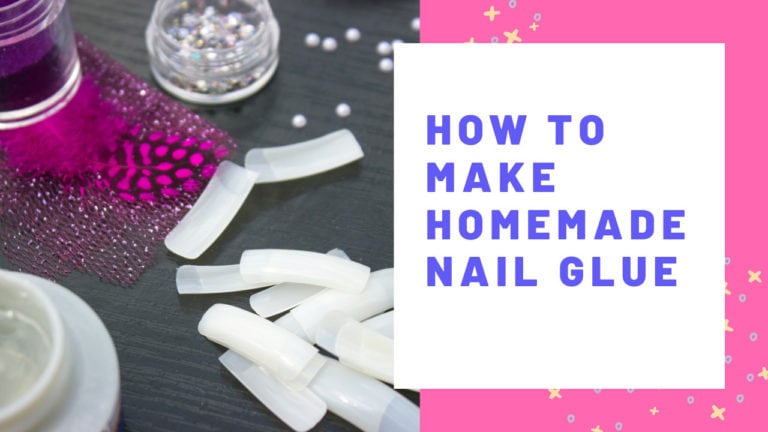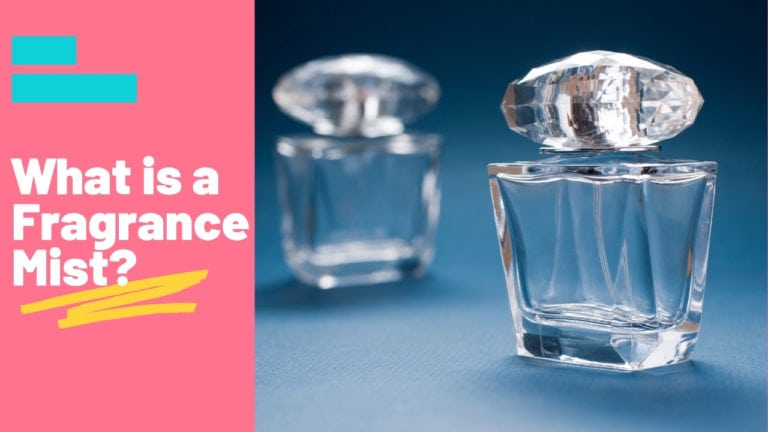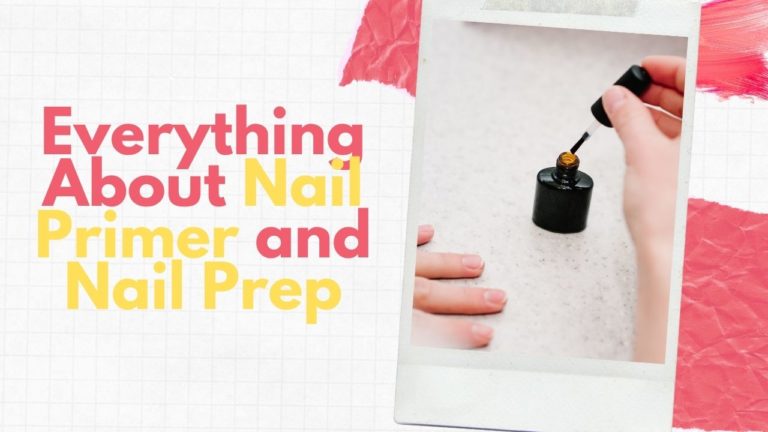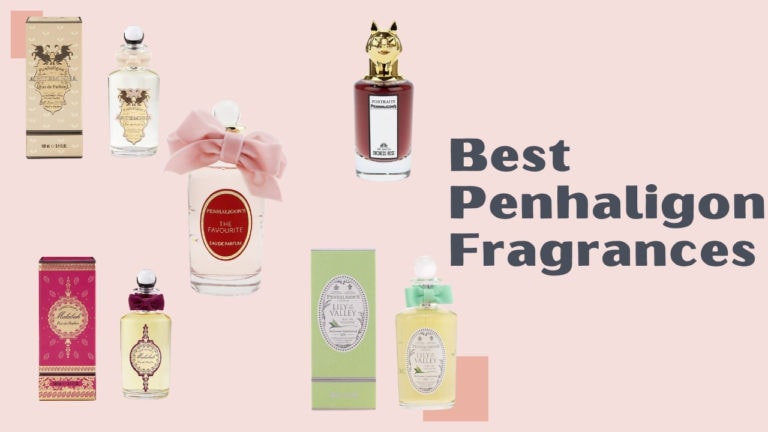What are Phthalates-free fragrances?
Smelling perfumes can be euphoric. It helps our brain to function in a number of positive ways, evoking nostalgia, memory, and a pleasant boost of emotions.
However, some perfumes can cloy, make one feel slightly dizzy and extremely uncomfortable. Such fragrances can give you an intense headache and here’s why.
How fragrances can be toxic without you knowing:
If you have been thinking that it is some particular notes that make a perfume badly cloying and heady, you’ve been thinking wrong until now.
Because it is not the notes that essentially make perfumes smell displeasing, (their quality and concentration levels in a perfume can surely contribute to how unpleasant and nerve-racking the fragrance turns out to be), but it is the over-concentration of chemicals that make a fragrance toxic for you to smell.
A fragrance does not contain just innocent flowery extracts but chemicals like preservatives, colorants, and artificial fragrances that are health-damaging for you to smell.
Musk ketone, benzaldehyde, ethyl acetate, and benzyl acetate are examples of such frequently used chemicals in a perfume that have serious negative effects. Also, Acetone, which is used to dissolve other ingredients in a fragrance formulation is responsible for evoking dizziness, nausea, and irritation when inhaled.
Phthalates are toxic:
Another highly toxic chemical that fragrances and other cosmetics contain is Phthalates.
Phthalates are also called plasticizers. They increase flexibility in plastics and are used in products like children’s teethers and other toys. They are also commonly used in perfumes, nail polishes, feminine hygiene products, and other household items.
According to research, Phthalates have been categorized as endocrine disruptors. They also avidly contribute to developing breast cancer, fertility issues, and other health problems. And you might be taking it through your cosmetics every day without even knowing!
So how can you avoid phthalates and their toxicity?
Choose Phthalate-free fragrances:
While many people know how toxic phthalates are, they don’t stay conscious of it when buying a product. How many of us consciously look for phthalate-free cosmetics when we are shopping?
None, or very few at all.
So here is the first step. Start asking out about phthalate-free cosmetics when you go out. Let your preference be heard instead of sitting at the back of your mind.
If you are buying a scented shampoo, soap bar, handwash, candle, perfume, oil, cologne, deodorant, or anything that has a scent in it, ask for phthalate-free products. Always choose fragrance-free phthalates if you want to save yourself or your near ones from endocrine disruption, breast cancer, fertility problems, etc.
What Are Phthalate-free Fragrances?
Do you know almost all of the high-end brands and niche perfumes contain a significant amount of phthalates?
They integrate phthalates in your fragrant products (i.e. perfumes, colognes, body butter, deodorants, Eau de toilettes, etc) to prolong the life and color of aromatic notes in their body. Since phthalates plasticize and can carry fragrant molecules in a designed way for a very long period, they make an excellent ingredient to formulate your perfume with.
However, that doesn’t fade the fact that they are seriously toxic for human health and are even banned to use.
Phthalate-free fragrances, on the other hand, use alternative plasticizers such as DEHT and DINCH. DEHT is more widely used in the United States while DINCH is more frequently used in Europe. Both work as brilliant plasticizers and can safely replace phthalates.
It might be slightly difficult to find phthalate-free fragrances that are as chic and refined as you are used to having in high-end perfumes but there’s not a scarcity if you look. You just have to look in the right places. After all, nothing comes before your health.
Some chemicals make a perfume heady and overwhelming. However, that’s not always the case. Some fragrances smell uplifting and pleasant, yet they discreetly contain life-threatening chemicals. It is just a matter of consciousness that the use of phthalates gets stopped. If you don’t take a step in avoiding products with toxic chemicals, brands will keep on shoving them down your throat, guiltlessly.
So the bottom line is, search a few brands that make phthalate-free scented products and go for them. If you don’t find any, go to the store and ask for it. Let the market hear your preference.
What are my common options to buy phthalate free-fragrances?
Natural perfumes or brands that claim to be cruelty-free are mostly the ones that formulate phthalate-free fragrances or other scented products.
Here is a list of perfumes that are easily phthalate free:
- Demeter fragrances
- Atelier Colognes
- Love & Flowers Vetiver Coconut Perfume
- Pacifica French Lilac Spray Perfume
- Paul Penders Star Sense Sensual
- Eden’s Garden Natural Perfume
- DefineMe Harper Perfume Oil
- Thorn + Bloom Bird of Paradise Natural Perfume
- Just the Goods Perfume Oil
- Kai Eau de Parfum
- Ellis Brooklyn Myth Eau de Parfum
- Tsi-La Organics, Fleur Savage
- Vered, Blue Violet
- Strange Invisible Perfumes, Epic Gardenia & Fair Verona
- Red Flower, Guaiac
- Organic Glam by The Organic Pharmacy, Jasmine
- Honore des Pres Love Coco
- Korres Premium II L’Eau de Parfum
There are thousands of other organic, all-natural, and IFRA certified fragrant products that one can use to go phthalate-free. They last moderately long with satisfying performance however, make sure to review a brand image before you buy their product or use samples to be on the safe side.
The Bottom Line:
Fragrances that contain Phthalates are toxic and harmful, no matter how luxurious their performance may seem. There are plenty of alternatives of phthalates-based products that one can choose to upgrade their healthy lifestyle.
If you want to get started, look for Phthalates in your shampoos, soaps, perfumes, candles, and other scented products; and when you do find them including these plasticizers, promise yourself not to buy them anymore and start looking for relevant and healthier alternatives.

